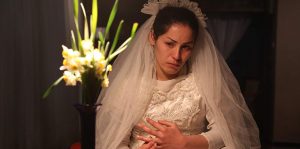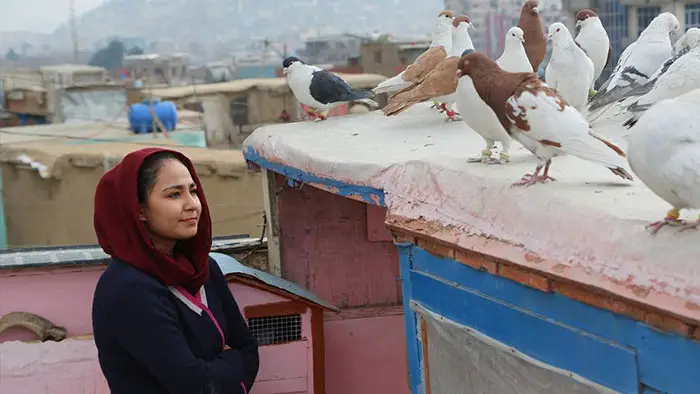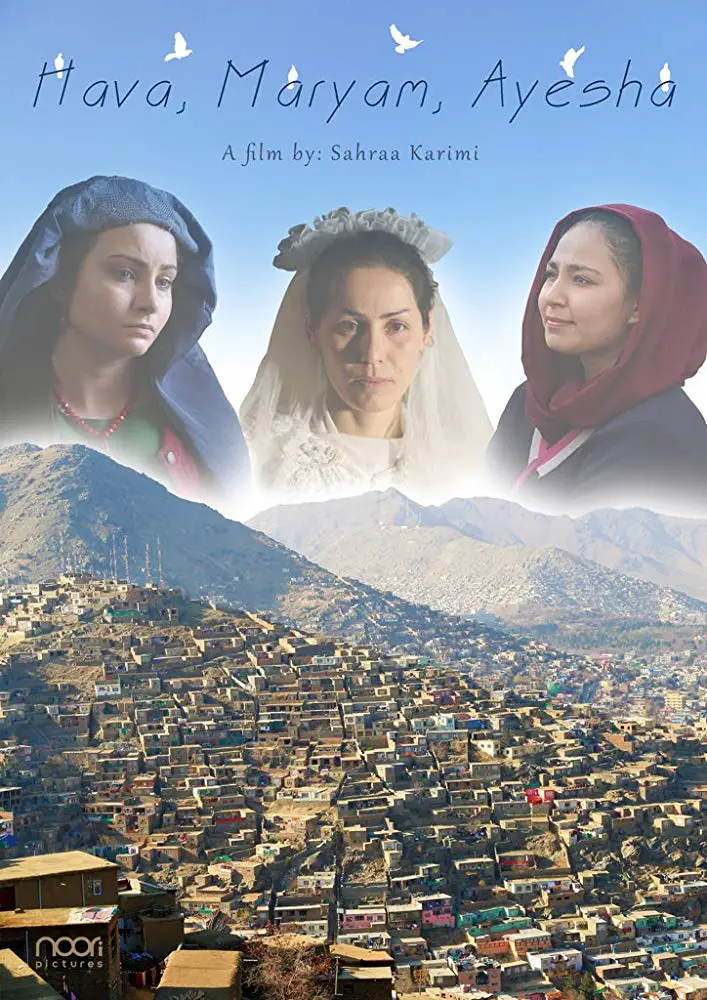
The last story is about Ayesha (Hasiba Ebrahimi). Ayesha is an 18-year-old girl hiding the fact that she just discovered that she’s pregnant. Her ex-boyfriend, the father, is not in any position to support her and her unknowing family is pressuring Ayesha to marry her cousin and start a family…for that’s what women do. Ayeshe’s mother convinces her that her cousin would make a great husband and her deceased father would be proud of her. In a slight twist of the arranged marriage story, Ayesha’s cousin is actually a fine, upstanding gentleman, who is honored by the fact that she would marry him. Now, all Ayesha has to is take care of her current pregnancy and recently lost virginity and it only costs 90,000 afghanis to get it done.
The stories of three women taking control of their futures is not a new one. Sahraa Karimi’s Hava, Maryam, Ayesha, though, is authentic, heartfelt, and inspiring. Fictional, feminist, social justice films are not easy to make. Many of these social justice films made in the States are sometimes pointed, political, and hits you over the head with sledgehammer and when presenting their truth comes off as contrived. IHava, Maryam, Ayesha just presents a simple story about plight of Afghan women, which could also be the story of most Afghan women. Because their stories are very familiar, we instantly connect with their situation and know exactly what the underlying problem is.

“…recreating real life as it happens, and not some overly dramatic story.”
Stories aside, I love the way director Sahraa Karimi tells these tales. It’s simple and cinematic. At first, it feels like a documentary from the start…like we’re flies on the wall. Various camera angles and quick edits tip off that this is a fictional drama. Each of the characters are not encumbered by vast amounts of dialogue, but act as real women. Their stories are told by the events that happen to them and their individual reactions to those events. The women in the stories are presented as real. The actions of Hava are everyday actions, primarily her cleaning and cooking. Maryam’s story is showing a one-sided phone call with her husband and silent contemplation. And Ayesha does whetever 18-year-old Afghan teens do it their lives.
If there is a standout performance, it comes from Fereshta Afshar as Maryam. She plays an educated woman and clearly an intelligent woman, not blinded by how she’s being treated because of her gender. Her performance shows her great range as an actress as she is alone through most of her story, performing actions in silence, and saying her peace over a phone call.
Karimi’s Hava, Maryam, Ayesha is recreating real life as it happens, and not some overly dramatic story. Real People. Real Stories. Real Life.

"…"...authentic heartfelt, and inspiring...""
